TEHRAN(Bazaar) –“The Tropical Oil Crop Revolution: Food, Feed, Fuel, and Forests” (Oxford University Press, 2017) is Co-authored with Derek Byerlee and Walter P. Falcon.
This book provides a broad synthesis of the major supply and demand drivers of the rapid expansion of oil crops in the tropics; its economic, social, and environmental impacts; and the future outlook to 2050. After introducing the dramatic surge in oil crops, a comparative perspective is provided from different producing regions for two of the world’s most important crops: oil palm and soybeans from the tropics. Next, the drivers of demand for food, livestock feed, and biofuel are examined, followed by an introduction to price formation in vegetable oil markets and the role of globalization in linking consumers throughout the world through trade from distant producers in a few producing countries. Last evidence on the economic, food security, social, and environmental impacts of the oil crop revolution in the tropics is reviewed. Although both economic benefits and social and environmental costs have been huge, the outlook is for reduced tradeoffs and more sustainable outcomes as the oil crop revolution slows and the global, national, and local communities converge on ways to reduce deforestation, better manage land rights and develop smallholder models for the sector.
Walter P. Falcon, Helen Farnsworth Professor of International Agricultural Policy, Economics (Emeritus) from Stanford University, says “Vegetable oil crops are very much under-researched, especially for those crops grown in the tropics.”
He adds “There was a "Green Revolution" for wheat and rice that occurred in the 1970s and 1980s.”
“In our view, the changes that have occurred in tropical soybean production, especially in Brazil, and in oil palm, especially in Indonesia, are comparable in scope, but are much less widely understood,” Professor Falcon tells the Bazaar News Agency.
Following is the full text of the interview:
Bazaar: What has been your main question in this book?
Walter Falcon: Vegetable oil crops are very much under-researched, especially for those crops grown in the tropics. A principal reason for this state of knowledge arises because there are a large number of sources of vegetable oils that easily substitute one for another. Our hope was that by focusing on two oil crops, soybeans, and palm oil, and two countries, Brazil and Indonesia, we could capture the most dynamic dimensions of these markets, particularly for the past 20 years in the tropics.
Bazaar: What Hypothesis did you use to answer this question? What is your central argument?
Walter Falcon: Our primary goal was to describe new developments in both the supply and demand for soybeans and palm oil, and to project where these crops might be headed in the next 25 years. The analysis is greatly complicated by the fact that oil palm comes from trees with a 30 year life cycle, whereas soybeans are an annual crop. Because soybeans produce livestock meat and oil as co-products, it was important that we also pay particular attention to the livestock sector.
Bazaar: What was the necessity of writing this book?
Walter Falcon: As noted above, there is only very limited recent scholarship about the global market for vegetable oils; how they interact with each other and with the livestock sector; and the forces that will be driving these markets during the next 25 years.
Bazaar: What are the world's most dynamic agricultural sectors in recent decades?
Walter Falcon: There is honorable debate about the most dynamic agricultural sub-sector. I believe that palm oil, poultry products, farmed fish, and fruits and vegetables would be on my suggested list.
Bazaar: Why the oil crops are important and why you named it as a revolution (the oil crops revolution)
Walter Falcon: There was a"Green Revolution" for wheat and rice that occurred in the 1970s and 1980s. That revolution, and the pioneering work of Norman Borlaug, are well known. In our view, the changes that have occurred in tropical soybean production, especially in Brazil, and in oil palm, especially in Indonesia, are comparable in scope, but are much less widely understood. These were major factors that caused us to undertake the research for this volume.

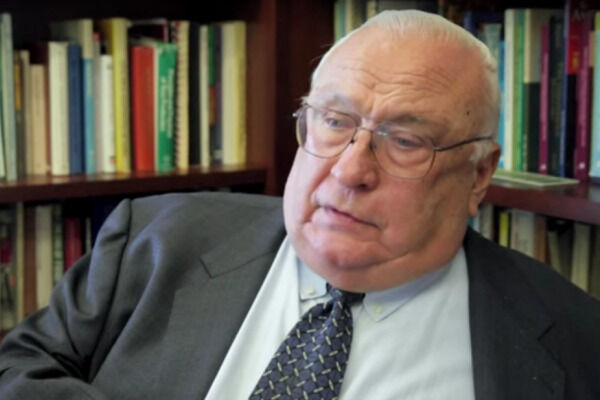




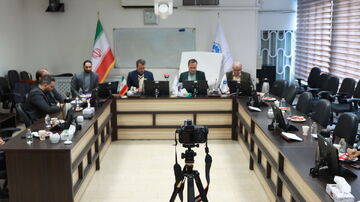
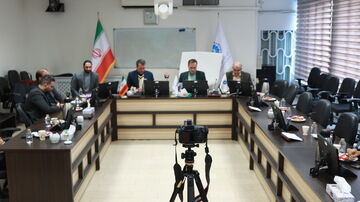




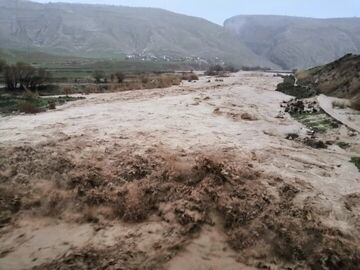

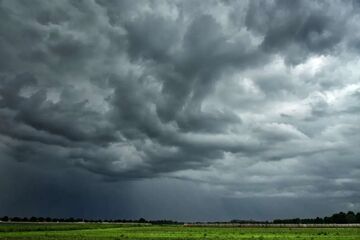
نظر شما